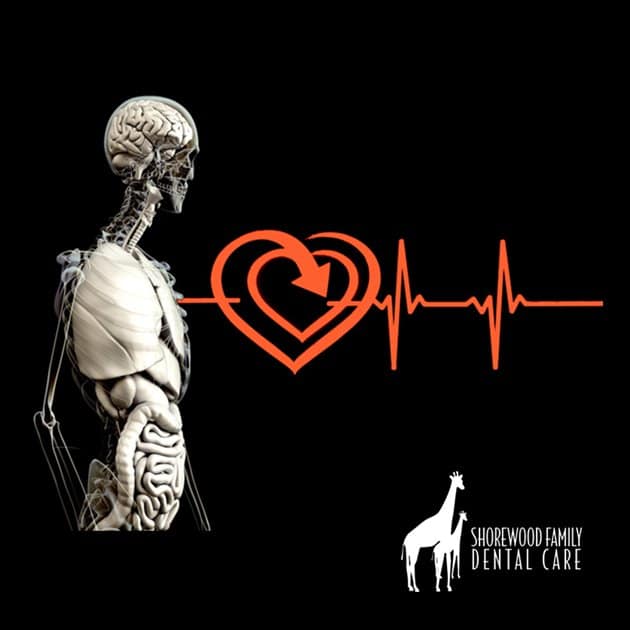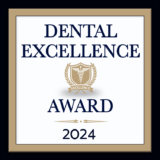
We know that keeping teeth healthy is critical to the overall health of our bodies. For example, previous studies have shown the connection between gingivitis and high blood pressure. Now a recently released report finds a link between poor oral health and a 75% increase in risk for liver cancer.
The Findings
The UK study conducted by researchers from Queen’s University Belfast looked at brain imaging and genomic data over six years from more than 475,000 people. Study participants self-reported oral health issues. Some of the reported symptoms included bleeding gums, mouth ulcers and loose teeth. Researchers analyzed the data for correlations between people that were suffering from these conditions and the occurrence of gastrointestinal cancers. This was including liver, colon, rectal and pancreatic cancer.
After examining the data, a significant correlation was discovered between liver cancer (commonly referred in the medical field as hepatobiliary cancer) and poor oral health.
The exact cause of liver cancer in those with poor oral health is unknown. Researchers speculate that one possible explanation is a bacterium that originates in the mouth.
According to the report,
“[t]he liver contributes to the elimination of bacteria from the human body. When the liver is affected by diseases, such as hepatitis, cirrhosis or cancer, its function will decline, and bacteria will survive for longer and therefore have the potential to cause more harm. One bacterium, Fusobacterium nucleatum, originates in the oral cavity but its role in liver cancer is unclear. Further studies investigating the microbiome and liver cancer are therefore warranted.”
Queen’s University Belfast
Unfortunately, liver cancer is difficult to detect in its early stages when it is the most treatable. Metastatic, or secondary, liver cancer is hard to treat because of the organ’s complete network of blood vessels and bile ducts.
Preventative Measures To Avoid The Risks
The startling study reinforces the need for people to keep their mouths clean and healthy throughout their life span as a preventative measure to fight not only cavities, but serious diseases as well. Professional dental care is vital to assess and monitor the well-being of your oral health. Being proactive about twice-yearly cleaning to remove plaque can help prevent cavities. If cavities do develop, swift action to address the holes can prevent further decay.




